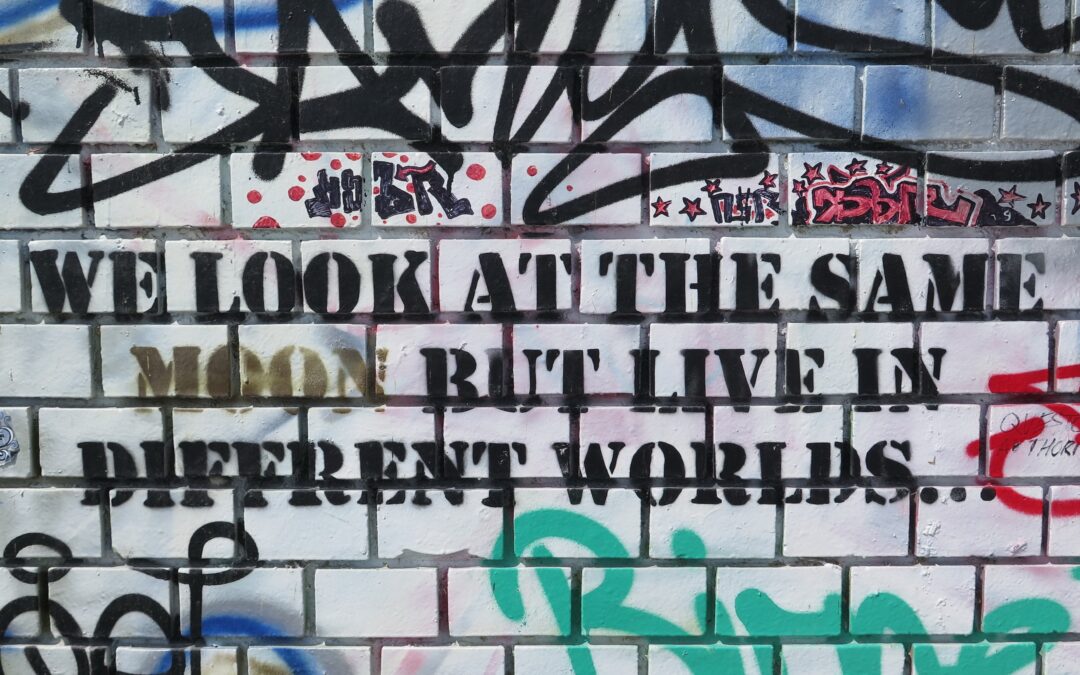
Perennial Philosophy is a philosophical line of thought that has been prevalent in culture since the Renaissance period. These ideas became popular in the 20th century, when they became widespread in academia and society. century became popular.
Eternal philosophy provides an interesting insight into the practice of many religious beliefs. For some, it is the source of various religious teachings living in society.
However, before we explore how this philosophy can affect our attitude towards matters, we must first be clear about what exactly it is. Then we will understand the theories and criticisms. Only then can we see how it affects our perspective on religion and belief systems in society.
What is eternal philosophy?

Eternal philosophy is a rather simple set of thoughts to understand. It is an idea that shares and ideally recognizes a single universal truth, religious, spiritual, and wisdom traditions all over the world.
Ultimately, these traditions are all based on the same basic truth, all trying to understand the same thing.
Although these ideas began to emerge during the Renaissance, they were popularized in the 20th century by the English writer and philosopher Aldous Huxley. Renaissance thinkers laid the foundation for these ideas after working on Plato ‘s theory of form. These minds used Plato’s theory to develop certain ideas:
– There is an inner, hidden unity in the world.
-This unity is found in many built-in applications.
– It is not limited, it is not specific to one tradition.
These Renaissance beliefs It emerged fully in the 19th century through Aldous Huxley. Ideas further developed and became widespread in society. Huxley explains in his Perennial Philosophy:
“… metaphysics that recognizes a divine reality that is important to the world of things, lives, and minds; psychology that finds something similar or even identical to divine truth in the soul; morality that places the end of man in the inner and ancient knowledge of all beings; this thing is ancient and universal.”
Huxley’s words are hard to understand. He goes deeper into the subject in his book. He says that all religious traditions are based on the same “divine reality”. How we understand it and our place in it is important.
It is true that religions and spiritual traditions can be highly contrasting in their teachings and forms. But they all try to decipher the purpose of human life. They guide for the same thing: the search for meaning in life.
Critics of eternal philosophy

Now we can look at the criticisms of these ideas. We can then examine how these ideas can open our minds and influence our perspective on these issues.
Religions clash with each other.
There are ideas that eternal philosophy is an unrealistic theory. The idea that most of the world’s religions have been in conflict throughout history runs counter to eternal philosophy. If religions are in conflict with each other, how can they share a universal truth?
Religious beliefs vary widely.
Many religions differ greatly in morals, beliefs, principles, and teachings. As a result, it may become increasingly difficult to see how they can all share a “divine,” universal, and common ideal. Therefore, eternal philosophy runs the risk of not getting merit. Especially if these teachings are not consistent with each other.
But are these differences significant? It is inevitable that such practices will create differences, considering the wide variety of cultures and historical factors in which they were born.
Perhaps the universal truth shared by all religions prevails even in the face of these conflicts and conflicting philosophies. It is certainly possible that every belief system is based on this singular reality. They may just be expressing it differently.
How can eternal philosophy open our minds?

religious beliefs
Religion provides moral and spiritual guidance to help people live their lives. It basically provides a purpose to people’s lives, or at least tries to direct them to a purpose.
Eternal philosophy helps to increase the incompatibility of conflicting beliefs and separate religious doctrines. As a result, it reveals an innate longing we all have: the search for meaning and purpose.
We are all the same.
This thought actually gives a kind of reassurance that we are all basically the same. We are all trying to answer the questions of our existence. Although we follow different paths to find these answers.
spiritual ways
You can take the theory of eternal philosophy beyond religion. Some may not choose to follow religion. This may not be the source that will satisfy you. You can become an atheist and turn to other means of guidance.
We are all struggling to reach our goal. A universal truth of purpose and meaning is certainly something that can bring us all together.
It may be comforting to know which path we are following, perhaps unknowingly we are all looking for the same thing. We all go through times of loneliness, unhappiness, and confusion in our lives. This philosophy is an antidote for times like these. In fact, the idea that we all have trouble finding answers to the same questions can comfort us.
Eternal philosophy can change our view of the world. The idea that we all have the same reality underlying our beliefs can shed light on finding our way through difficult times. No matter what belief we have, we are in search of a common cause: Why did we come to this life?
This post is also available in: Türkçe






Yorumlar (0) Add Comment